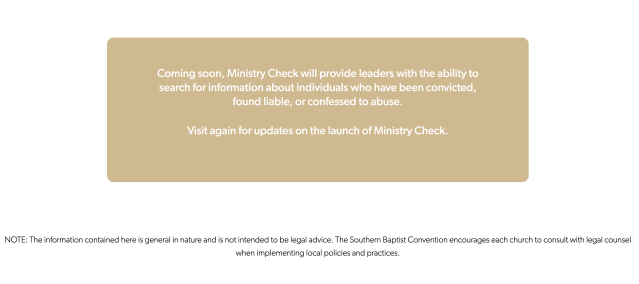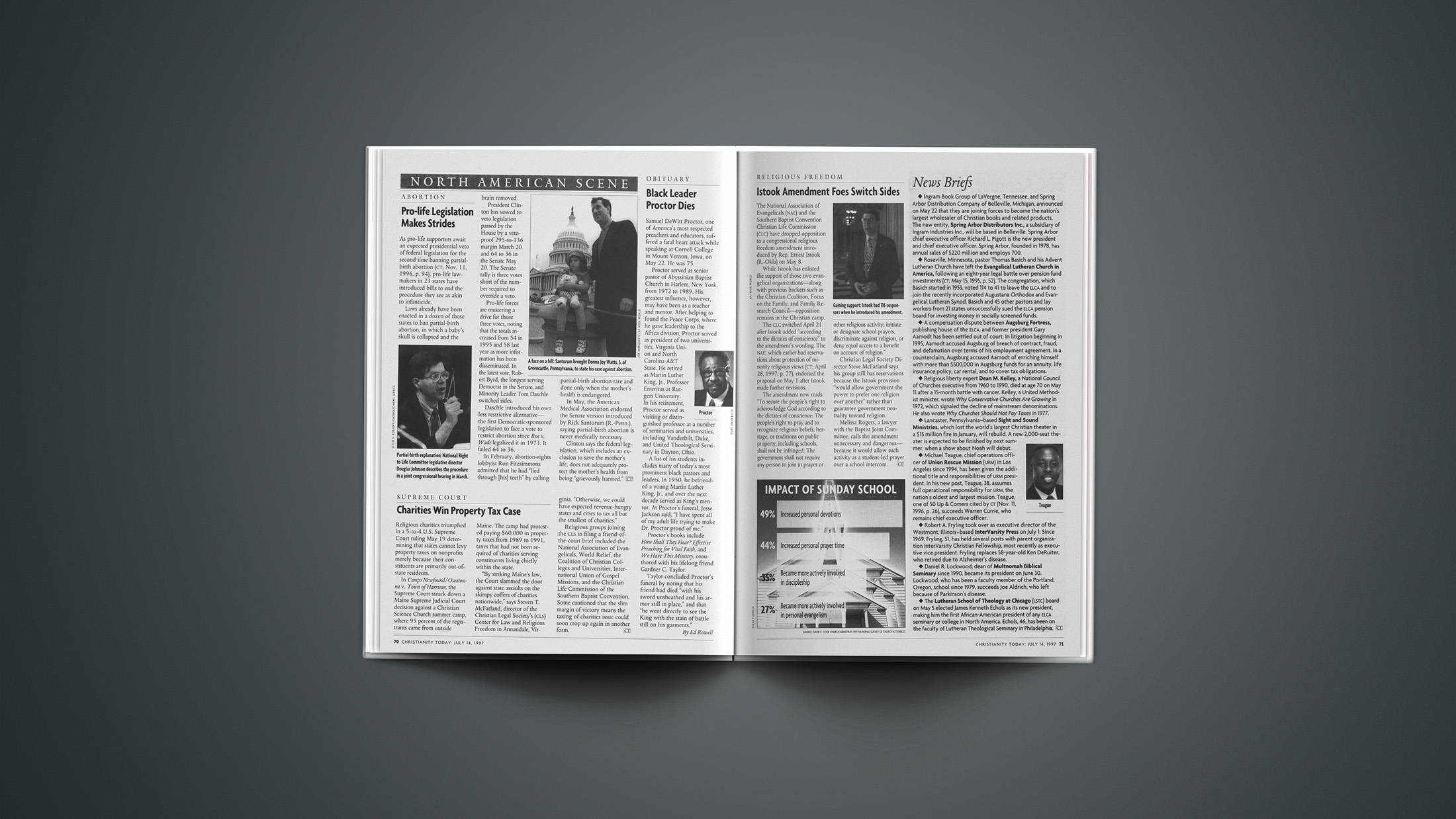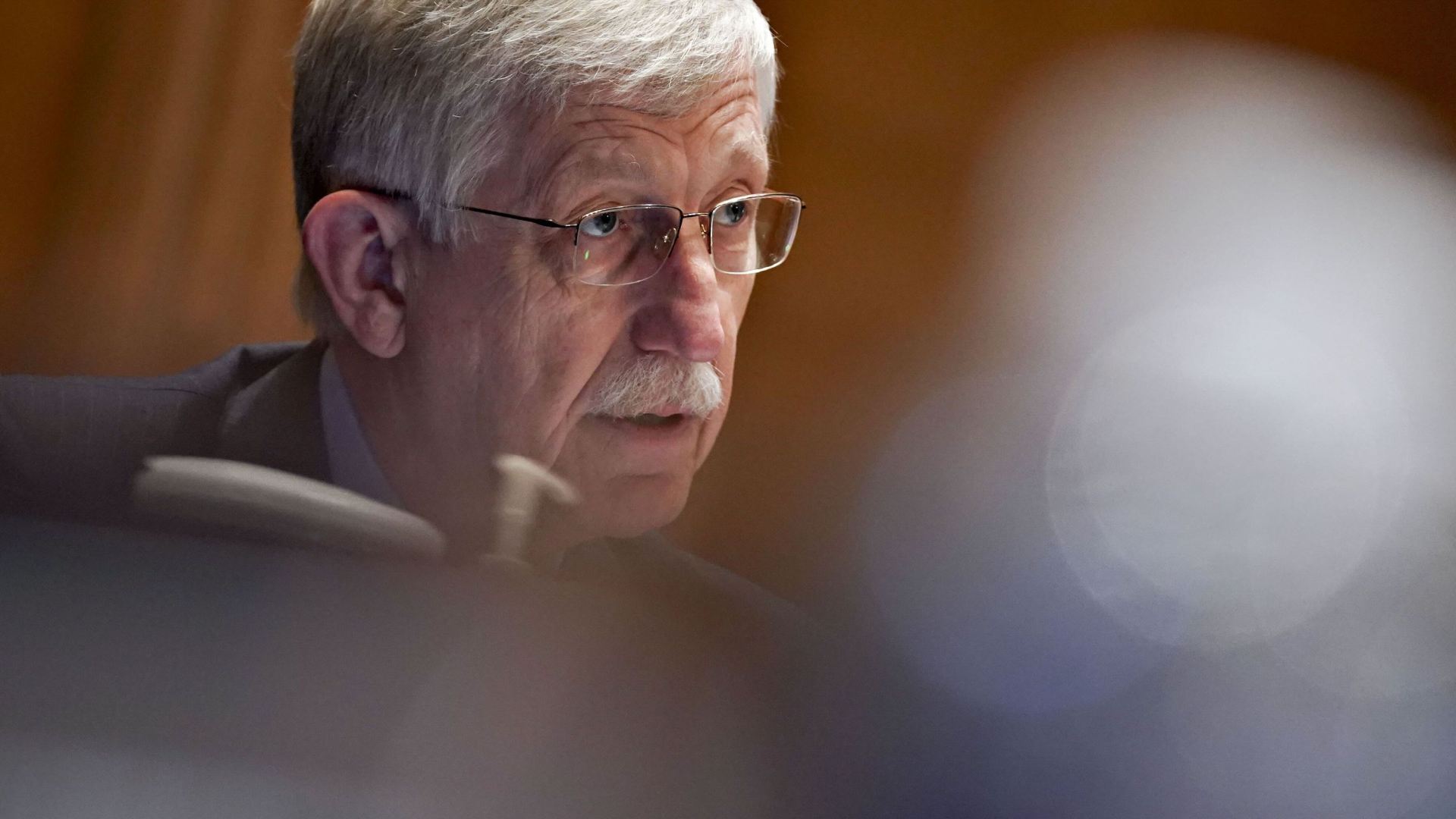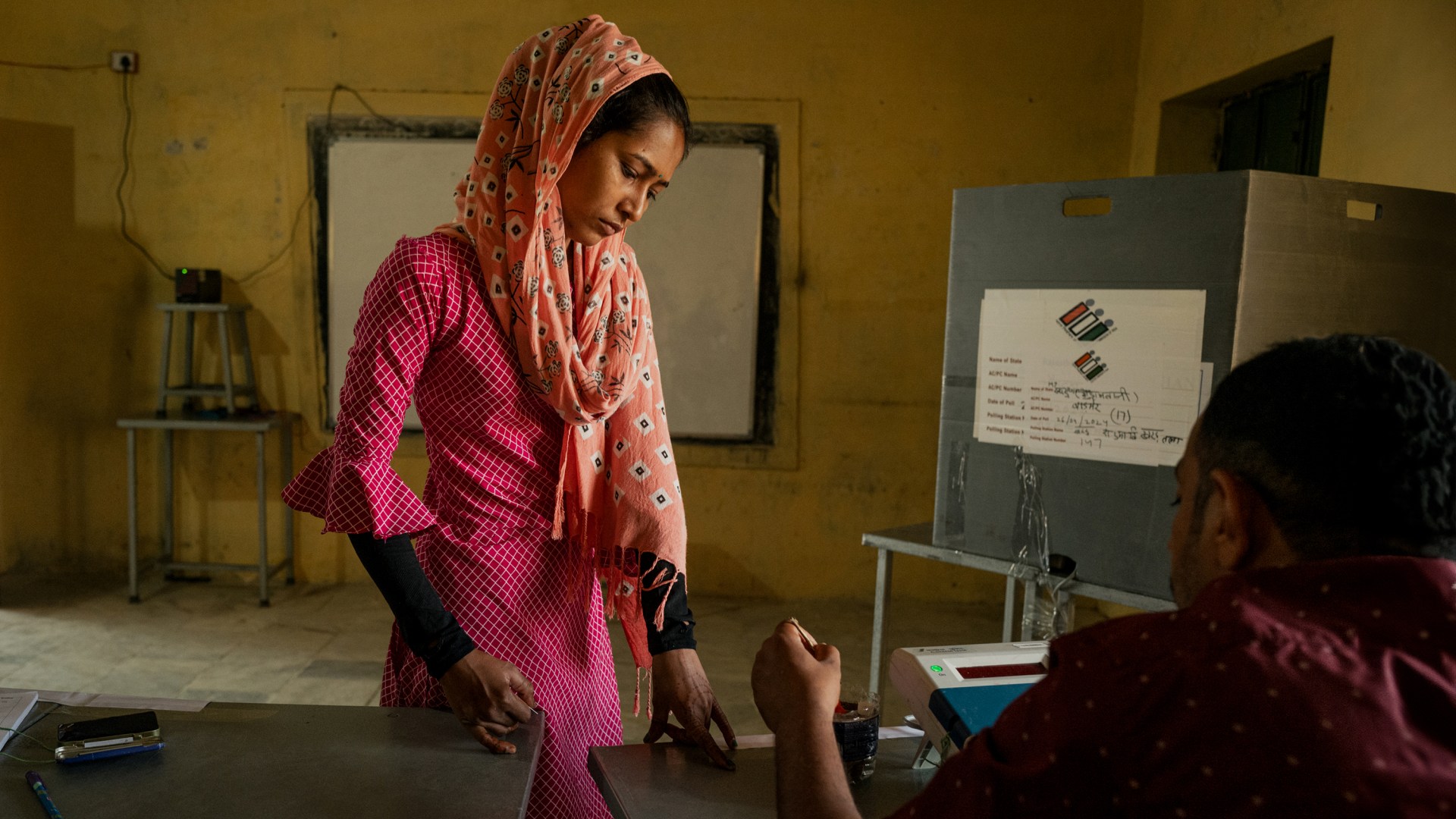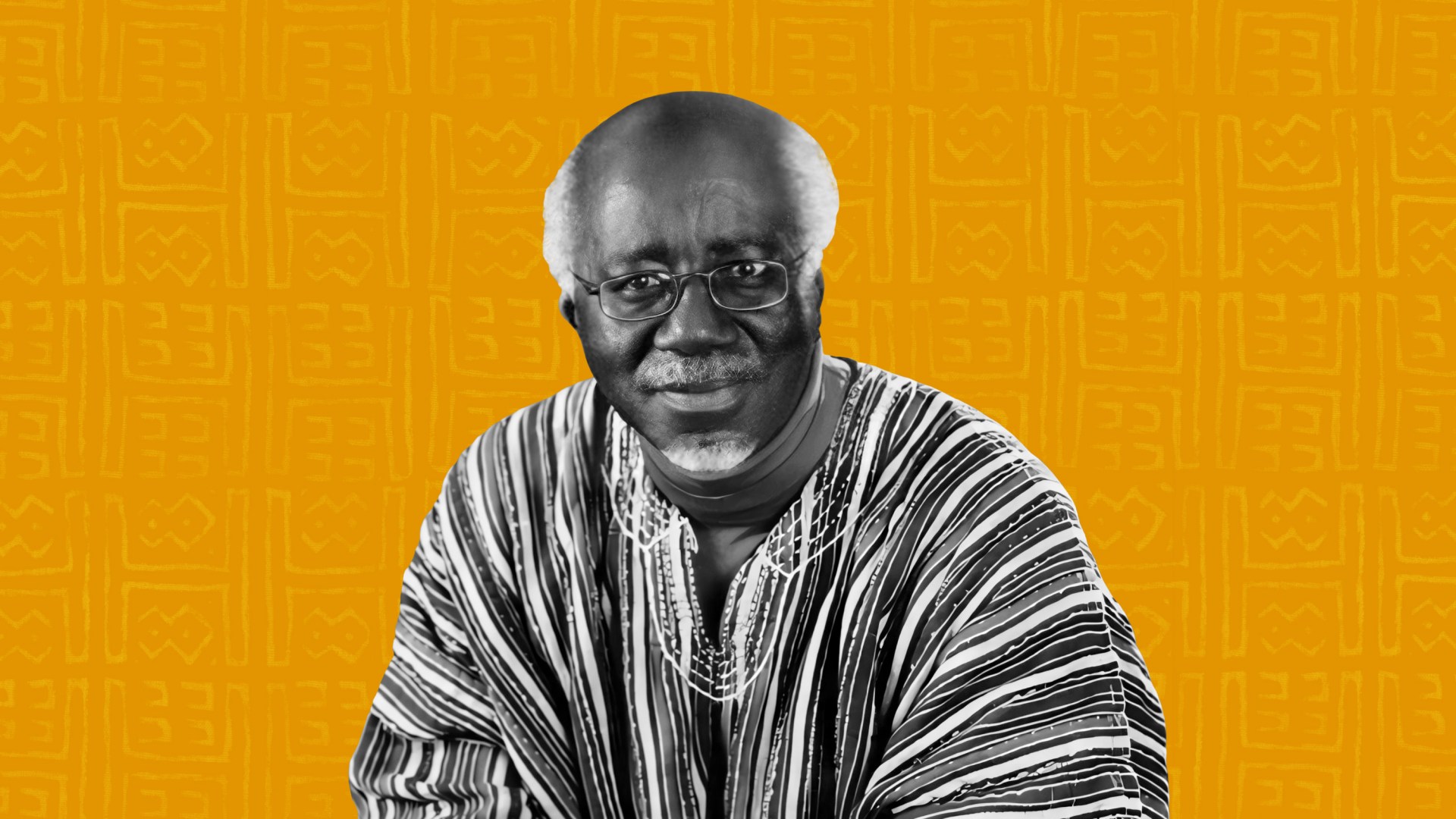A prominent association of American colleges and universities has created a new commission of religious schools whose aim will be to share with their nonreligious counterparts recent successes in the areas of access and affordability and the innovations that have led to growth in recent years.
The Commission on Faith-based Colleges and Universities, recently announced by the American Council on Education (ACE), a lobbying group for about 1,600 college and university leaders, plans to launch with meetings on Tuesday in Washington.
The new commission comes after data from the National Center for Education Statistics showed that religious schools grew by 82 percent from 1980 to 2020, while the national average was 57 percent.
There has been growing interest in collaboration between religious and secular schools in recent years. In 2019, the Council for Christian Colleges & Universities (CCCU) Presidents Conference hosted leaders of Jewish, Muslim, Catholic, and Protestant colleges and universities for the first time.
Last year, ACE hosted a conference on religious institutions that included presidents of Latter-day Saint, Catholic and Jewish universities.
Six of the 13 schools whose presidents are members of the new commission represent CCCU schools, including George Fox University and Taylor University. Other institutions involved include The Catholic University of America, Pepperdine University, Yeshiva University, the University of Notre Dame and Dillard University.
“ACE is honored to support and convene this important commission,” said Ted Mitchell, the organization’s president, in a May 29 statement. “Faith-based institutions connect feelings of belief and belonging with intellectual expression and considering the social, economic, and environmental challenges facing us today, we can ill afford for religious universities to be hidden.”
The commission will be co-chaired by Shirley Hoogstra, president of the Council for Christian Colleges & Universities, and Clark Gilbert, commissioner of the Latter-day Saints’ Church Educational System.
Gilbert said schools in his group, which includes Brigham Young University in Provo, Utah, grew from 60,000 students in 2020 to close to 150,000 in 2023. That growth was driven in part by its BYU-Pathway Worldwide, an online program at BYU-Idaho and Ensign College in Salt Lake City.
“We had to innovate for first-generation, low-income adult learners,” he said of the program. “It led us to the 90-credit bachelor’s degree, which made a lot more sense for adult learners.”
With financial support from the Mormon church, the program costs $81 per credit hour, allowing students, who are not charged for religion credits, to earn a 90-credit degree for less than $6,200 in three years.
Hoogstra pointed to initiatives at Southeastern University in Lakeland, Florida, that likewise offer lower-cost access to higher education.
Southeastern, affiliated with the Assemblies of God, has reduced most of its requirements for its courses of study in fields such as psychology, business, and ministry to 120 credit hours, which can include off-site study at evangelical churches in 44 states and some online learning. At those sites, students seeking bachelor’s degrees pay $8,486 a year, or a total tuition of about $34,000 for four years. Tuition for a year on its traditional campus is $30,432.
“Too many institutions are looking at the dollar amount, and they’re not looking at the time and effort,” said Michael Steiner, Southeastern’s vice president of innovation of his school. “And what we found is that when you focus on the time it takes a student to graduate, you naturally decrease the cost.”
In general, CCCU’s analysis of national tuition costs found that its schools’ average tuition is $30,746, compared with $39,940 at a private four-year institution.
“You might come in for the price point, but you stay for the purpose,” said Hoogstra.
In a recent presentation, Hoogstra said of the 4,700 degree-granting institutions, 33 percent are public, 43 percent are private, 21 percent are private and religiously affiliated (such as Catholic, Lutheran, Episcopal, and Presbyterian) and 3 percent are CCCU members and affiliates.
She said CCCU schools and other religiously affiliated institutions are “confident and unapologetic about the fact that faith helps people have meaning and purpose.”
Gilbert said ACE recognizes that some innovation motivated by a religious mission can be adapted by secular counterparts who see benefits that may or may not be related to faith.
In addition to access to education, Gilbert said college presidents have told him they’d like to collaborate on issues of accreditation and religious freedom.
The formation of the commission comes at a time when some colleges and universities have faced closures or been put on probation as their accreditation has been in question. Hoogstra said that denominational support can help keep troubled institutions alive. Presidents of schools related to a particular faith can rely on denominational leaders to brainstorm or offer advice when facing financial problems.
“Is there a safety net? I would say yes,” she said.
To counter problems with accreditation, Gilbert said creativity is a necessity.
“The message we try to share with other religious peers is you can’t just be in this old higher ed model, where tuition goes up and up and up,” he said. “You have to innovate, you have to change. Use your mission as a source of change, not being an imperative to being stuck in an old model.”







